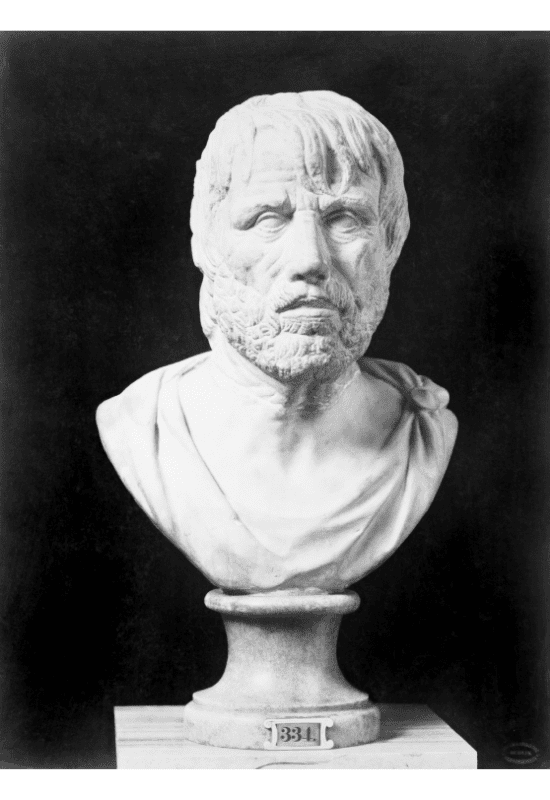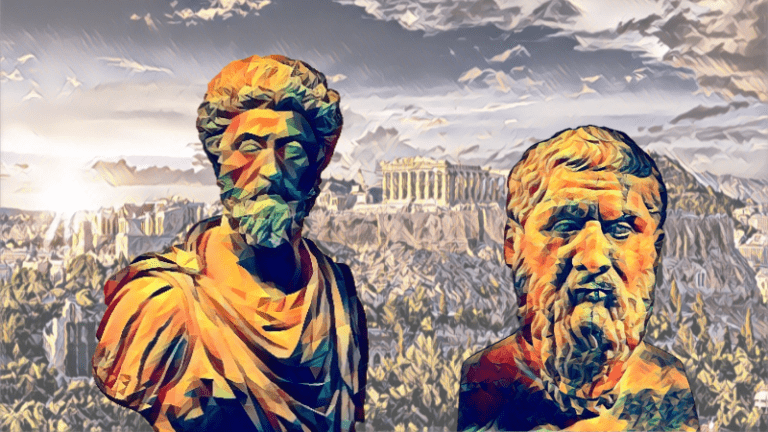Buddha's realization of the motivation of death
The founder of Buddhism, Siddhartha Gautama, who later found enlightenment and thus became the Buddha, is known for his wisdom. The following quote comes from him and can be just as useful to us today as it was to people more than two thousand years ago:
“Ardently do today what must be done. Who knows? Tomorrow, death comes.”
Buddha
It is not only in Buddhism that you will find quotes of this kind. Especially in Stoicism you can find many admonitions to do the things you do with devotion and to
But also parallels can be found that in principle one should regard every day as one's own life. The idea behind this is identical in both Stoicism and Buddhism: there is only the now. Neither past nor future really exist. Especially the second part of the above quote mercilessly points to this: "...Who knows, tomorrow death will come."
The eventuality of death is a constant companion. And we cannot choose whether we want the company or not.
Unfortunately, especially for us in the West, the positive meaning is often misunderstood. Instead of motivating us to make the most of the time we are given, we let worry enter our lives. What if we are dead tomorrow? Far too often we try to hold on to life because we want to make something static out of life, even though we know it is a flowing process. This action alone, against our knowledge, triggers (unnecessary) stress in us.
In this article about a Buddhist quote, let's look at how to avoid worrying.
It is therefore advisable to try to see the sword of Damocles, which is the prospect of our death, not as a threat, but as an incentive to live more intensely.
In the following quotation from Stoicism, this positive attitude of mind also becomes clear:
"Death smiles on all of us, the only thing you can do is smile back."
Marcus Aurelius
So, should we manage to do the best possible thing with our time, this is always connected with doing our activities with passion. I must admit that I have not yet succeeded in doing this with many things. Especially with trivial activities, such as washing the dishes, I have often struggled.
As is generally the case in everyday life, mechanisms can be very helpful here. For example, I have started doing the following two things:
- Finding a fascinating aspect to the matterI do or have in front of me (e.g. the infinitely complex pattern of soap bubbles, or the fact that a heavily soiled pot, can always be cleaned again). This self-conditioning of seeing something great in all things is generally very enriching for life and provides a positive mindset.
- Combining the unpleasant with the pleasant (For example, while cleaning, run a good audio book, or while reading dry reading, drink a fine-smelling tea).
- (Alternate): Combining the unpleasant with the pleasant (e.g. negotiate with you what you want for doing an unpleasant activity - a piece of cake? A new book?)
So you see, it makes sense to be aware of the fact that death is inevitable and therefore to do so many things in our lives with dedication. And for this very reason, it is important to do everything today that needs to be done today. Or as Seneca once said: "Look at every single day as a single life."

Who and how Buddha really was you can learn here







